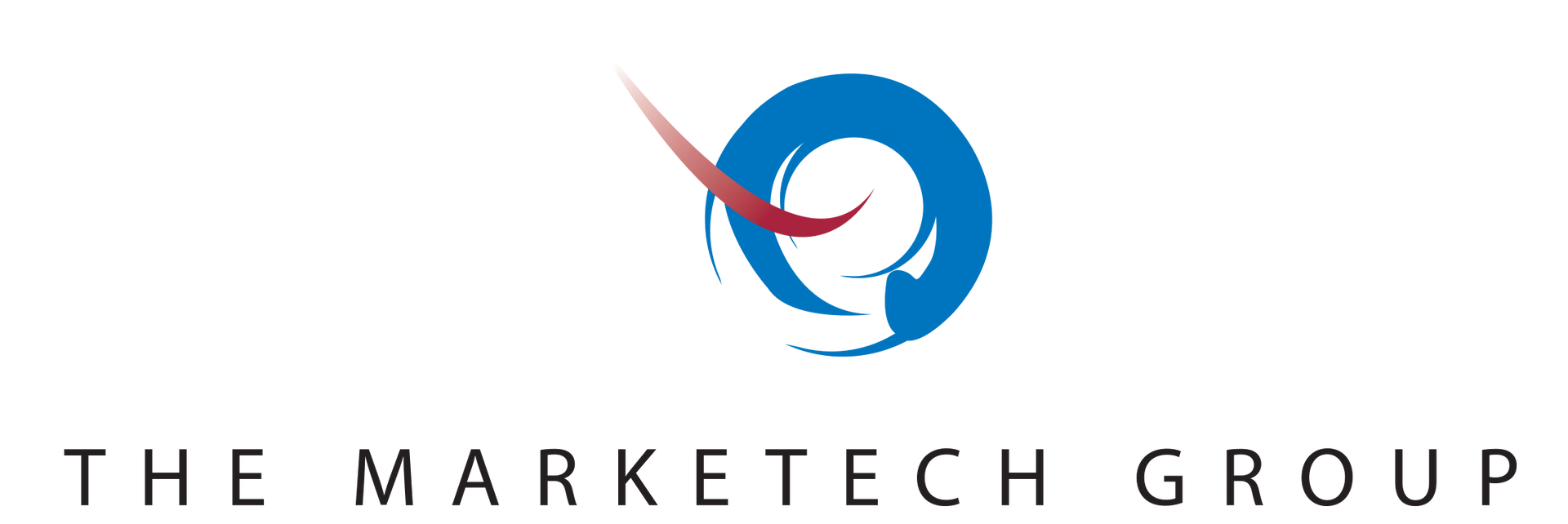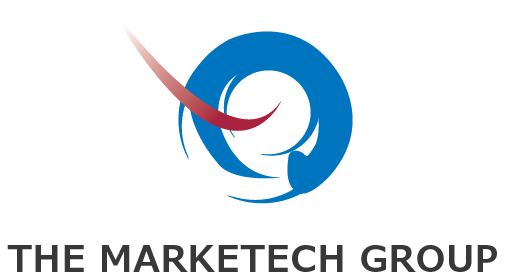Today, leading healthcare institutions tend to consolidate capital equipment with a single vendor, also known as fleet conversion. While this trend is widespread in many areas of healthcare, it has not been a common practice for IVD equipment, which has begun to change for several key players. TMTG sat down with executives at major diagnostics providers to discuss what is driving this trend and the future of the industry.
Laboratory consolidation is driving fleet conversion
"The reduction in the number of suppliers is a real trend, but not to the point of having all the different devices provided by one unique provider” (IVD Equipment Provider, Segment Manager). This movement emerged as laboratories began to consolidate in recent years. "For instance, we had 7,000 customers in France 5 years ago, we have now 1,700. It is a necessity to change our approach in the organization of sales teams or the repositioning of some products” (IVD Equipment Provider, Segment Manager).
While this is an emerging trend, it is not yet a widespread practice. The majority of laboratories still have several suppliers. "Less than 10% of our customers are 100% equipped by our brand in microbiology” (IVD Equipment Provider, Market Research Manager).
Conversion has been slow due to the difficulty for a single supplier to provide the diverse equipment required for the different IVD specialties. Only specific activities, such as biochemistry and immunoassay, can easily be grouped on large systems in laboratories. "It is not possible to compare IVD with medical imaging. No IVD vendor is able to provide all the material needed to cover all areas of IVD” (IVD Equipment Provider, Segment Manager).
Fleet conversion meets unmet laboratory needs
Fleet conversion may address two main pain points for laboratories. First, standardization of lab equipment provides enough scale for laboratories to leverage cost reductions from a single supplier. "Customers are looking for scale savings by negotiating with a single supplier (for orders, invoices, etc.)" (IVD Equipment Provider, Market Research Manager). Second, fleet conversion answers customers’ requests for trust and improved service from the manufacturer. It improves the overall quality of service by enabling data consolidation and traceability. "We have ‘middleware’ allowing our devices to connect together and improve sample traceability. Customers look for continuity that binds the instruments together and provides consolidated data across the entire process” (IVD Equipment Provider, Market Research Manager).
Fleet conversion also benefits manufacturers. An integrated offer makes it possible to improve the efficiency and productivity of the service provided to laboratories. “Being implemented in a smaller number of customers, but with only equipment of our brand, it is simpler for us; we can be more efficient and productive" (IVD Equipment Provider, Market Research Manager). Manufacturers may face commercial (vs. technical) challenges in regards to fleet conversion. They are increasingly tasked with communicating the added value of standardization to laboratories. They also face a paradox: differentiating themselves from the competition by being recognized for their specialty, while also being able to offer a specialist level of service in all fields. "Customers want to have several technologies, but only one provider, which is not necessarily always compatible. I do not know any IVD vendor able to provide everything, it's impossible." (Clinical Diagnostics provider, Market Research Manager).
Fleet conversion will require collaboration and managed service contracts
“Providing an all-in-one offer to laboratories is not part of current strategies because vendors want to keep their specificities and distinguish themselves from competitors by their know-how in certain areas. It's utopian to want to sell everything” (IVD Equipment Provider, Segment Manager). Some laboratories, especially academic ones, need an extremely specialized offer in only one or two fields. They may not trust the specialist vendor for the remaining laboratory equipment.
The majority of equipment vendors won’t expand their portfolio to meet market demand, but may potentially increase collaboration between IVD vendors to propose a comprehensive offer. The world of medical biology is split into three major applications - microbiology, immunology or molecular biology - whose needs may be radically different. Thus, collaboration between specialists in their respective expertise areas is crucial for manufacturers to meet customer needs for fleet conversion. "We are always willing to work in association / collaboration with our competitors." (Clinical Diagnostics provider, Market Research Manager). "I do not believe at all that one supplier can ever satisfy a laboratory on every aspect. There will always be specificities and so many different techniques and equipment” (IVD Equipment Provider, Segment Manager).
Finally, while not able to supply all IVD equipment, vendors lean towards the trends to meet the needs of a single and privileged interlocutor. "Managed service contracts” have been developed in the UK and Northern European countries and consist of selecting only one supplier to manage the back office (deliveries, orders, etc.). This supplier must then pick up all the products requested by the laboratory from other companies” (IVD Equipment Provider, Segment Manager).
Contact Us
USA
The MarkeTech Group, LLC
502 Mace Blvd, Suite 15
Davis, CA 95618
Tel: (+1) 530-792-8400
Fax: (+1)
530-792-8447
France
The MarkeTech Group, SARL
3, Rue Emile Péhant
44 000 Nantes - FRANCE
Tel: +33 (0)2 72 01 00 80
Fax: +33 (0)2 40 48 29 40
Our site links
Website imagined and executed by RivalMind.




